A woman observes the portraits of six Jesuit priests who were assassinated on November 16, 1989, on January 6, 2022, in San Salvador (El Salvador) .Rodrigo Sura (EFE)
The sentence against Colonel and former Vice Minister of Defense Inocente Orlando Montano for the 1989 massacre of six Jesuits - five of them Spanish - in El Salvador, confirmed a year ago, seemed to close three decades of impunity for the murder of Ignacio Ellacuría and the five other religious. However, the announcement of the reopening of the case by order of the Supreme Court of Justice (CSJ) of the Central American country shows that there is still a long way to go before the facts are clarified and all the military officers involved are held accountable.
"We welcome the decision, since it responds to a demand for justice and truth, both on the part of the Society of Jesus and the Central American University (UCA) and the families of the victims," said the Jesuit priest. Andreu Oliva in statements to Efe. Andreu is rector of the UCA, on whose university campus the massacre took place.
The Criminal Chamber of the Supreme Court ordered the closure of the criminal process in 2020 and also ordered a halt to the investigation against the men identified as the masterminds of the massacre. Faced with the decision, which represented a blow to the families and the religious community to which the religious belonged, the attorney general, Rodolfo Delgado, filed an appeal before the Constitutional Court last November to review the decision. For the prosecutor, closing the case meant going "against Salvadoran law and against the right to truth and justice of the Salvadoran people and the victims of serious human rights violations."
The assassination of the priests and two collaborators occurred at dawn on November 16, 1989 during the civil war in that country. In the midst of a guerrilla offensive on San Salvador, members of the now Atlacatl battalion committed the assassination on the campus of the Jesuit Central American University. Ellacuría had become an uncomfortable figure for the Government of El Salvador. Along with him, four other Spanish religious were shot (Ignacio Martín-Baró, Segundo Montes, Amando López and Juan Ramón Moreno); and one Salvadoran, Joaquín López, as well as the wife and daughter of the university guardian, Elba and Celina Ramos.
The military entered the university with the purpose of killing its rector, the Jesuit Ellacuría, and his companions, prestigious intellectuals who critically analyzed the reality of the Central American country.
Those identified as possible intellectual authors of the murders are former President Alfredo Cristiani, Generals Humberto Larios, Juan Bustillo, Francisco Fuentes and Rafael Zepeda, René Emilio Ponce [who has already died] and Colonel Inocente Montano, sentenced in Spain to 133 years of prison.
The Supreme Court's decision has opened a new opportunity to learn the truth about one of the crimes that have marked the history of the Central American country.
“If it is really determined who are those who organized and decided the massacre at the university and are sentenced according to our laws, the message that would be being given is that there is no more impunity in El Salvador and that crimes against humanity and They can be tried for war, ”said Jesuit priest Andreu Oliva.
Subscribe here to the EL PAÍS América
newsletter
and receive all the informational keys of the current situation in the region

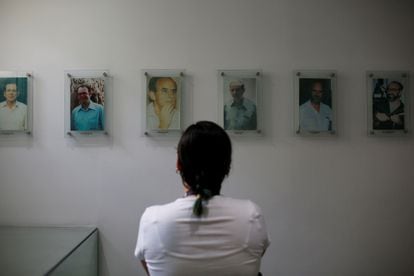
/cloudfront-eu-central-1.images.arcpublishing.com/prisa/JOUHOYP5TZF3RFHSGHG2XJTTLY.jpg)

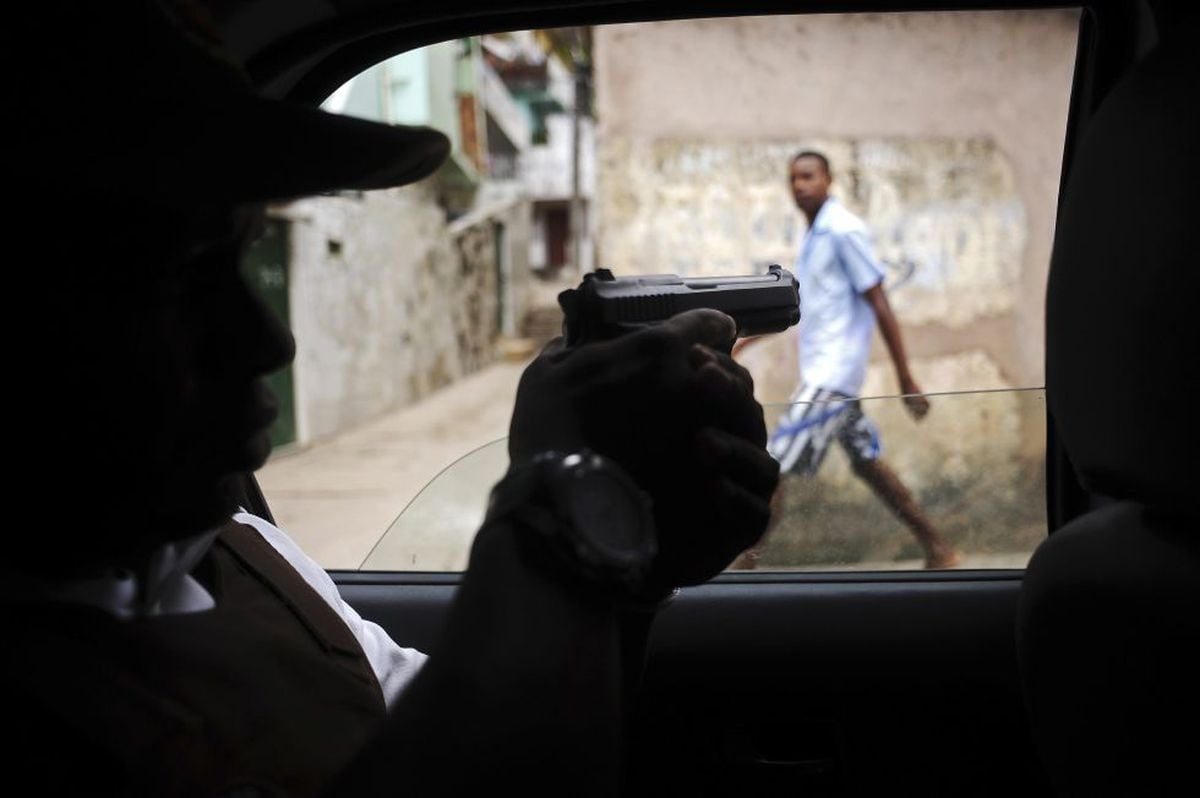
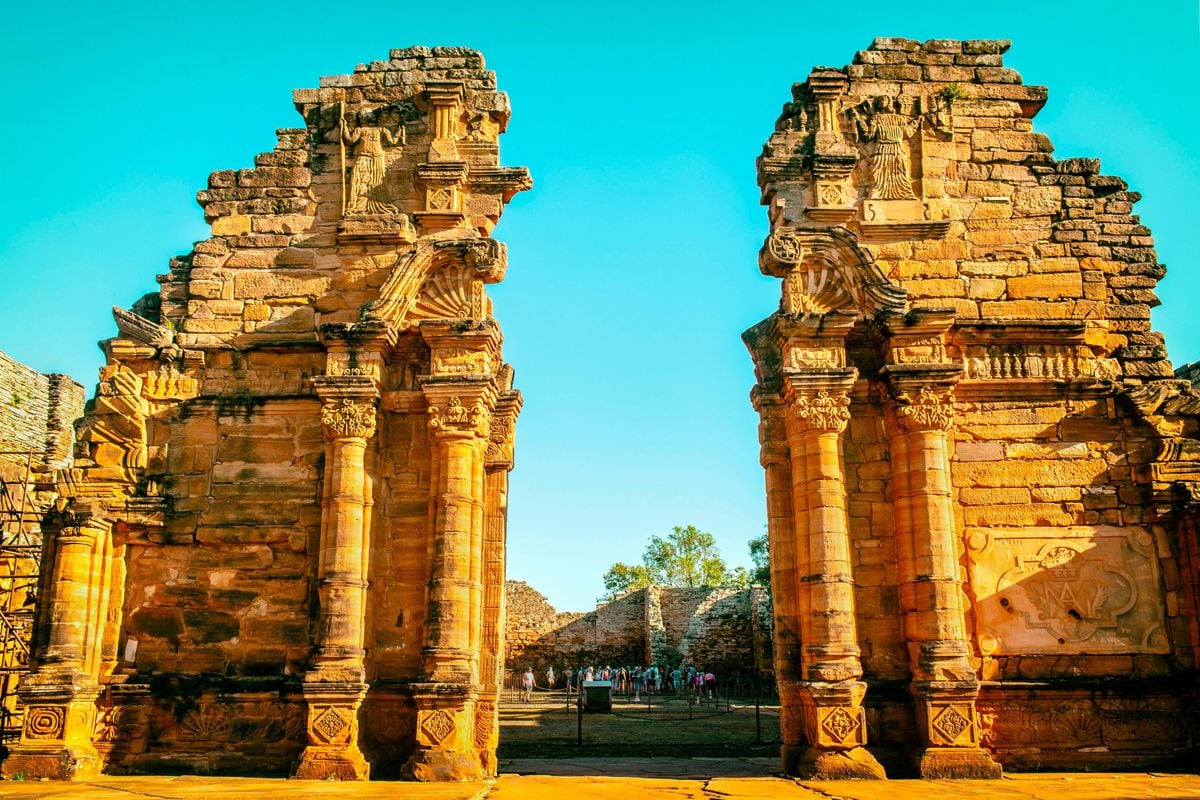
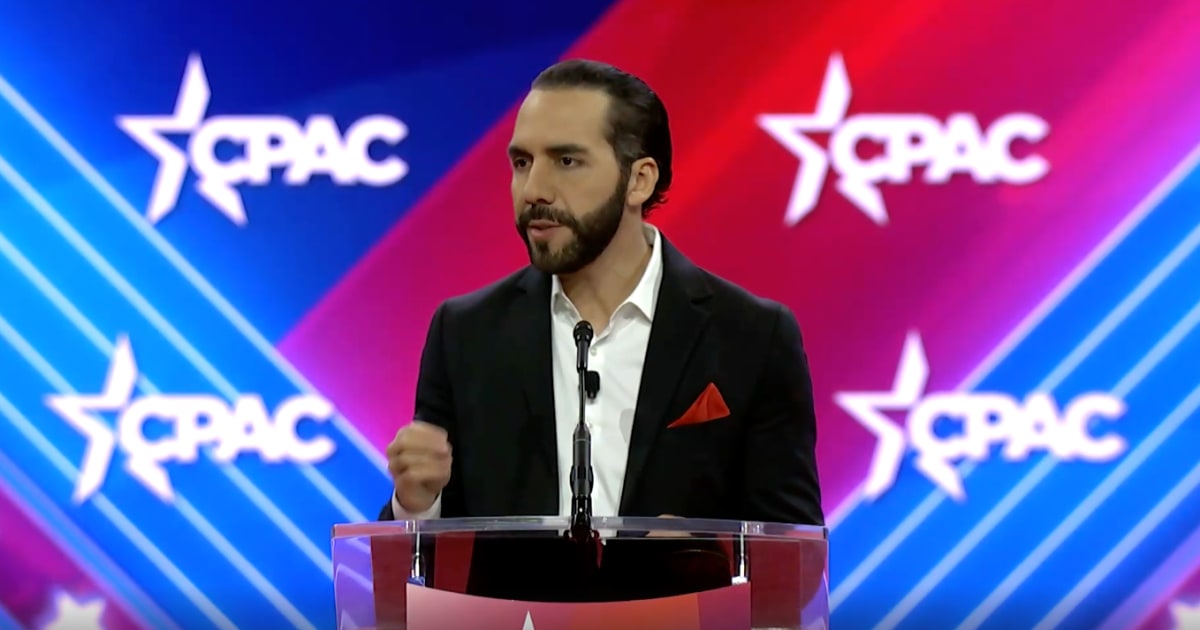

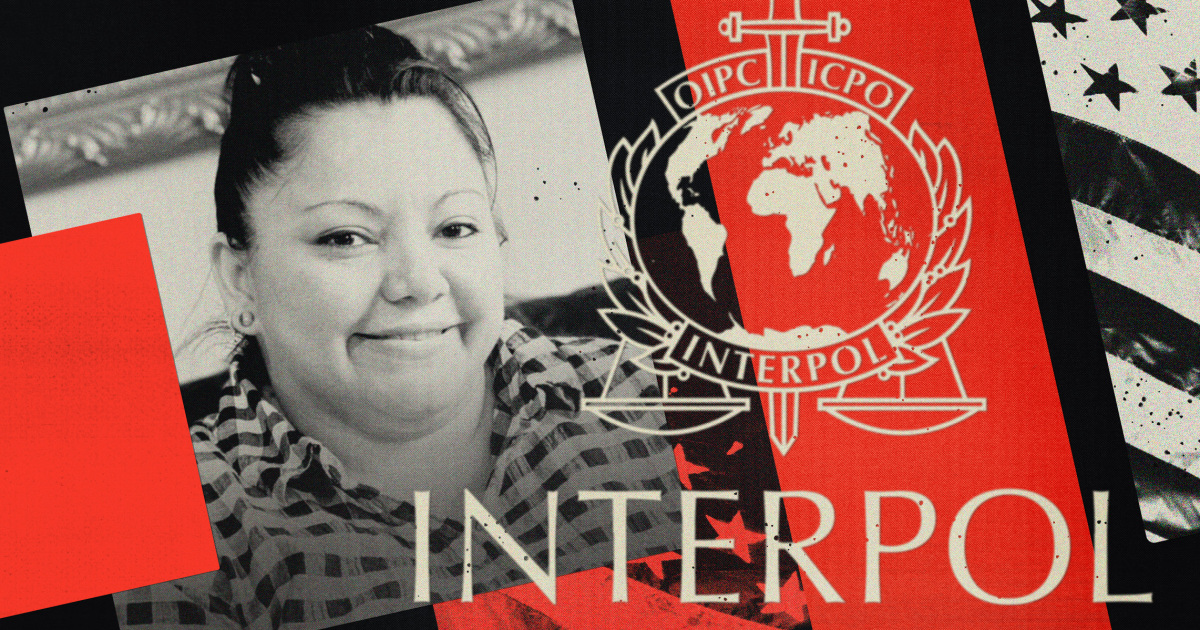
/cloudfront-eu-central-1.images.arcpublishing.com/prisa/2GNBO4PDRBFIZPEA56Z5BU5F7U.jpg)





